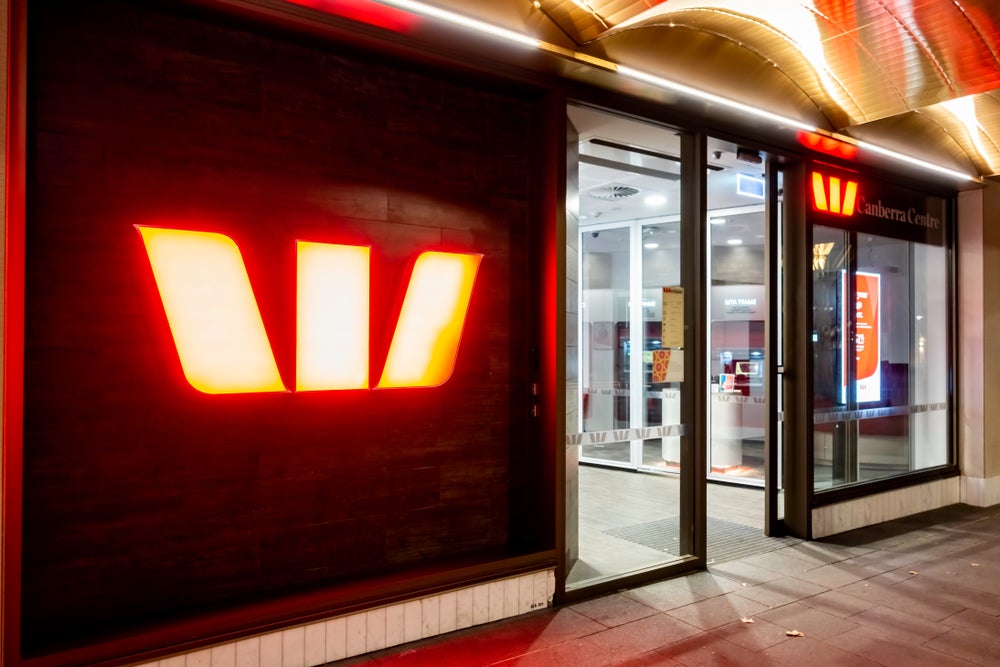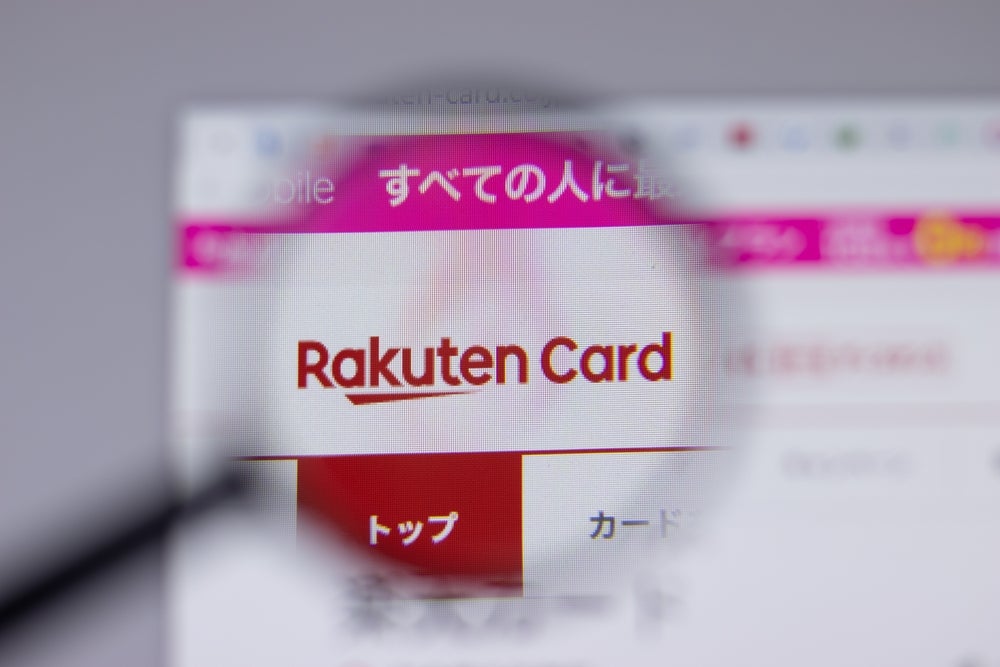Malte Krueger* offers
an insight into the various pressures that are combining to put
downward pressure on interchange in Europe, and what it means for
debit card scheme competition as SEPA fundamentally changes market
conditions.
Europe’s wide variation in interchange fees is
likely to change as markets open up to competitive and regulatory
pressure as SEPA unrolls. In many countries, debit is dominated by
domestic schemes; however, the international schemes hope to win a
large piece of the market, but they have to make one crucial
decision: determining the size of interchange fees.
At the high fee end of the market, fees will be
fall and are likely to settle at the highest level acceptable to
regulators. Market participants will have to decide whether they
want to use a domestic scheme (if existing) or an international
scheme, but this choice will not be driven by fee considerations.
But in the low fee group of countries, the level of future fees
will be the major strategic issue.. The current situation in low
fee debit countries is characterised by:
- no competition between schemes;
- wide domestic acceptance;
- large domestic card base; and no cross-border acquiring or
issuing. SEPA will fundamentally change these conditions. In
particular, there will be much more scheme competition. This will
be brought about by:
formal opening of scheme membership for foreign issuers and
acquirers; - cross-border issuing/acquiring; and cancellation of
anti-competitive contracts that divide the market geographically
(eg, co-branding national and international schemes with exclusive
use of brands domestically and internationally, respectively).
These changes open the way for debit products from the
international card schemes. However, the crucial question is how to
attack the low-fee debit markets. Basically there are two
approaches:
relatively high interchange to attract issuers (scenario A);
and
relatively low interchange to attract merchants (scenario
B).
How well do you really know your competitors?
Access the most comprehensive Company Profiles on the market, powered by GlobalData. Save hours of research. Gain competitive edge.

Thank you!
Your download email will arrive shortly
Not ready to buy yet? Download a free sample
We are confident about the unique quality of our Company Profiles. However, we want you to make the most beneficial decision for your business, so we offer a free sample that you can download by submitting the below form
By GlobalDatainterchange fee (MIF) is set higher than the local debit scheme fee
to target issuers (the ‘American’ approach). The aim is to achieve
an increase in international cards and a decrease in domestic
cards. The crucial question is whether merchants will accept
international cards. Merchants’ choice will be affected by:
acceptance of alternatives (eg, retailer cards);
debit scheme. The aim is to win merchants and broaden acceptance.
If successful, acceptance of international cards would increase and
domestic cards would fall. In this case, the issuers face the
choice of whether to issue international cards or not.
The main drivers of issuer behaviour are:
centre or shared infrastructure);
the table opposite
schemes, the ordering of the alternatives is clear: scenario 1
(high MIF/high usage) > scenario 5 (low MIF/high usage) > the
rest (no usage
interesting question is what happens in scenarios 4 and 7. In these
cases, there is a clear conflict between the merchant and the
issuer side: either merchants are not accepting international cards
and issuers are issuing them, or merchants are accepting
international cards but issuers are not issuing them. The issuing
sides and acceptance sides do not match, and cardholders will not
be able to use their cards. It is unlikely that such a situation
would prevail for long.

So far, within Europe, the outcome has been extremely unfavourable
for international schemes. In Belgium, the proposed MasterCard
SEPA-MIF implied a high MIF strategy. The result was strong
merchant resistance. The banks gave in, and, for the moment, the
outcome is scenario 2. In Germany, the proposed tiered MasterCard
SEPA-MIF implied that large merchants would pay less than in the
domestic scheme, equivalent to a low MIF strategy (at least
partially). But German issuers reacted furiously and subsequently,
the SEPA-MIF was cancelled. So, de facto, the outcome is scenario
6.
the international schemes. There is no clear pattern of either
issuer or merchant dominance; rather, whichever side favours the
existing prices of the domestic scheme, seems to be particularly
militant in opposing new fees by the international schemes.
international schemes, scenarios 1 and 2 may not be attainable – at
least not in those countries with comparatively low fees. In
high-fee countries, political pressure is moving fees downward so a
lower fee strategy could be possible. In the low-fee countries, the
outlook is bleak. A low MIF may be impossible due to issuer
resistance; a high MIF may be impossible due to merchant
resistance; and replicating current fees may not work due to the
higher costs of international schemes.
winning the market via incentives for issuers – is unlikely to
succeed in SEPA. The second conclusion is that there may be no
strategy at all that is likely to succeed in low-fee debit
markets.
processor PaySys







